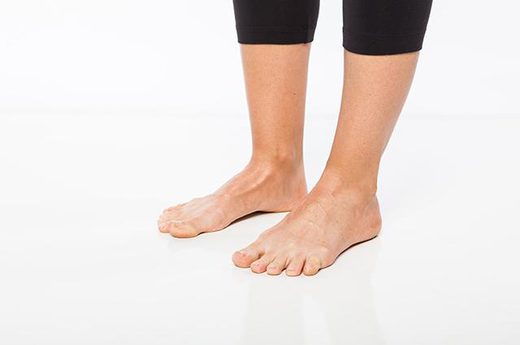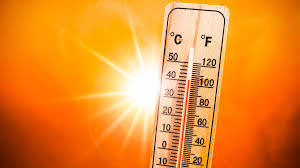London: Researchers have found that a muscle in human feet long believed to be behind the ability to walk upright, also plays a key part in how humans run.
Unlike species such as chimpanzees, which have opposable digits on their feet, humans have evolved arched feet to enhance upright walking.
These arches were thought to be supported by plantar intrinsic muscles (PIMs), but the new study by researchers from the University of Exeter showed that PIMs have a “minimal impact” on this.
The findings show foot muscles are important for helping us push against the ground during walking and running. This suggests that strong foot muscles could be key to our ability to walk and run.
“Recent research suggests that muscles in our feet are key to how the foot functions during walking and running,” said lead author Dominic Farris, of the University of Exeter.
“Our study provides direct evidence showing the significance of these foot muscles in supporting the performance of the human foot.
“Contrary to expectations, PIMs contribute minimally to supporting the arch of the foot during walking and running.
“However, these muscles do influence our ability to produce forward propulsion from one stride into the next,” Farris said.
For the study, reported in the Proceedings of the National Academy of Sciences (PNAS), the team compared foot and lower limb movement with and without a nerve block that prevented contraction of these muscles.
During ground contact in walking and running, the stiffness of the foot arch was not altered by the block, showing that the PIMs’ contribution to arch support is minimal, probably due to their small size.
However, with the PIMs blocked, the distal joints of the foot could not be stiffened sufficiently to provide normal push off against the ground.
“This could have implications for understanding conditions such as flat feet, the value of training foot muscles and ideas around potential benefits of running barefoot,” Farris said.
“It turns out these muscles aren’t important for supporting the arch of the foot, but they are important for propelling us forwards when we walk or run.”
IANS






































